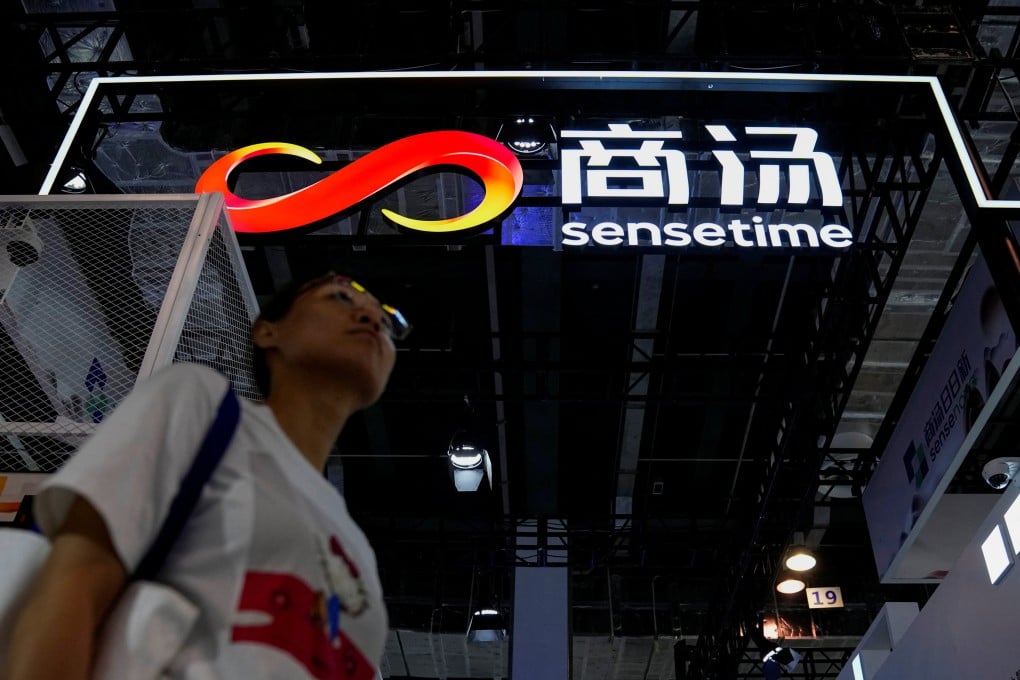Chinese AI expert Tang’s sudden death throws SenseTime into disarray, shares hit record low
- SenseTime announced that the weighted voting rights attached to Tang’s 6.9 billion class A shares will likely be converted into class B shares
- Under Tang’s leadership, the firm became a key player in computer vision and China’s leading provider of AI-powered facial recognition technology

The sudden death of Tang Xiao’ou, a key figure behind China’s facial recognition technology and a cofounder of SenseTime Group, is the latest challenge to face the US-sanctioned artificial intelligence (AI) giant, with its shares losing 11 per cent in Hong Kong on Monday.
Shares of SenseTime, once held up as a model of China’s AI capabilities thanks to the strong research credentials of Tang, a professor with the Chinese University of Hong Kong, have dropped to their lowest-ever level since its initial public offering on December 31, 2021. The stock is currently trading at one fifth of the IPO value.
One immediate challenge following the death of Tang, who died on Friday from an undisclosed illness at the age of 55, is the company’s voting structure, as Tang was its controlling shareholder with dominant voting power through his class A shares.
In a filing to the Hong Kong exchange, SenseTime announced that the weighted voting rights attached to Tang’s 6.9 billion class A shares had ceased. It added that they are expected to be converted on a one-to-one basis into class B shares, which hold less voting power, and will remain locked up until the end of December 2024.
“The passing of Professor Tang is not expected to have a material adverse impact on the daily management and the ordinary business activities of the company,” SenseTime said in the filing, issued before the market opened on Monday.
SenseTime’s shares dropped as much as 18 per cent before ending down 11.11 per cent at a record low price of HKD$1.12 (US 14 cents) at the close of trading. The development is a further blow to the struggling company, once considered one of China’s “four little dragons of AI”, amid declining profits and tough market conditions.